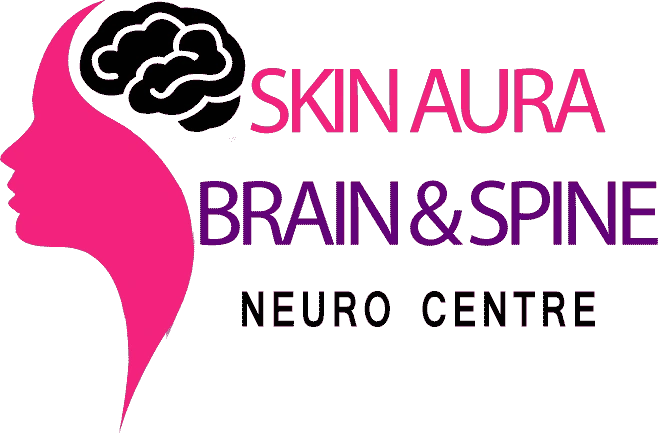Bipolar Disorder
Bipolar disorder, also known as manic depression, is a mental illness that brings severe high and low moods and changes in sleep, energy, thinking, and behavior.
People who have bipolar disorder can have periods in which they feel overly happy and energized and other periods of feeling very sad, hopeless, and sluggish. In between those periods, they usually feel normal. You can think of the highs and the lows as two “poles” of mood, which is why it’s called “bipolar” disorder.
The word “manic” describes the times when someone with bipolar disorder feels overly excited and confident. These feelings can also involve irritability and impulsive or reckless decision-making. About half of people during mania can also have delusions (believing things that aren’t true and that they can’t be talked out of) or hallucinations (seeing or hearing things that aren’t there).
“Hypomania” describes milder symptoms of mania, in which someone does not have delusions or hallucinations, and their high symptoms do not interfere with their everyday life.
The word “depressive” describes the times when the person feels very sad or depressed. Those symptoms are the same as those described in major depressive disorder or “clinical depression,” a condition in which someone never has manic or hypomanic episodes.
Most people with bipolar disorder spend more time with depressive symptoms than manic or hypomanic symptoms.
What Are the Symptoms of Bipolar Disorder?
In bipolar disorder, the dramatic episodes of high and low moods do not follow a set pattern. Someone may feel the same mood state (depressed or manic) several times before switching to the opposite mood. These episodes can happen over a period of weeks, months, and sometimes even years.
How severe it gets differs from person to person and can also change over time, becoming more or less severe.
Symptoms of mania (“the highs”):
- Excessive happiness, hopefulness, and excitement
- Sudden changes from being joyful to being irritable, angry, and hostile
- Restlessness
- Rapid speech and poor concentration
- Increased energy and less need for sleep
- Unusually high sex drive
- Making grand and unrealistic plans
- Showing poor judgment
- Drug and alcohol abuse
- Becoming more impulsive


